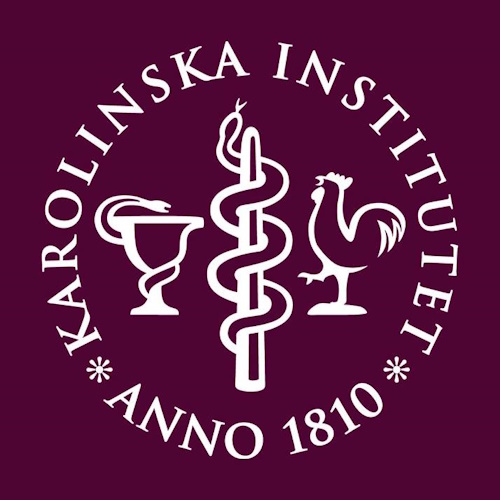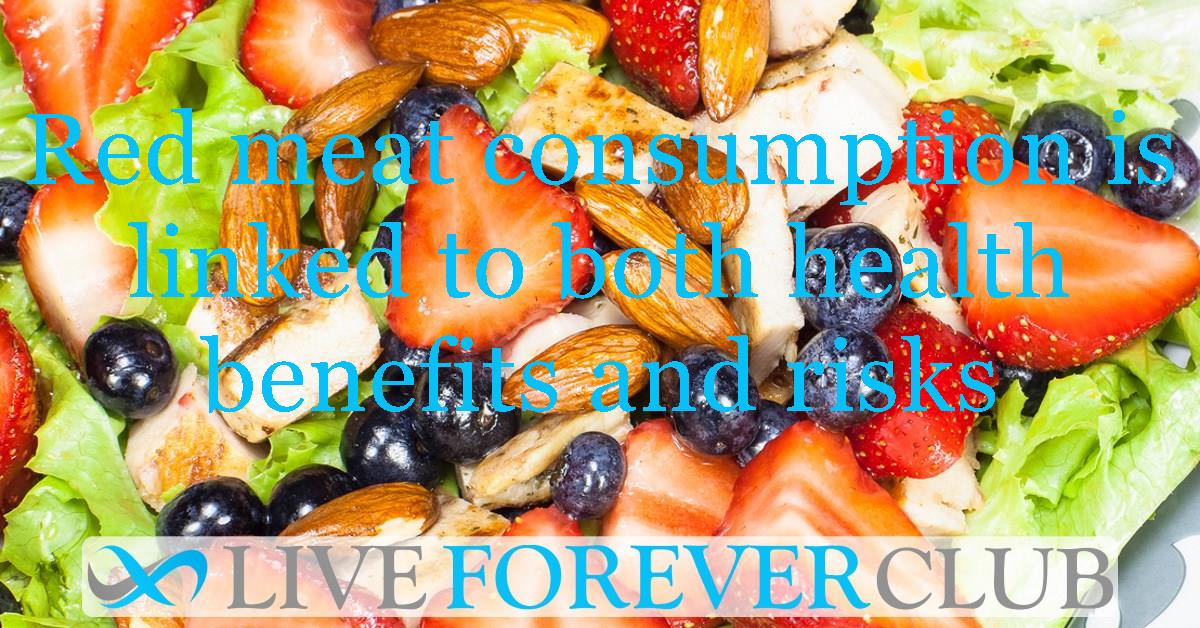The role of red meat in our diet has been a topic of considerable debate among nutritionists, health experts, and the public for years. Red meat, encompassing beef, veal, pork, lamb, and mutton, is lauded for its essential nutrients like amino acids, vitamins, and minerals. However, its consumption, especially in processed forms like ham, sausages, and bacon, is increasingly scrutinised for potential health risks. A comprehensive research from Karolinska Institutet provides a pivotal examination of these concerns.
Processed vs. Unprocessed Meat
The differentiation between processed and unprocessed red meat is critical. Processed meats undergo treatments like curing, smoking, or the addition of chemical preservatives to enhance flavour and shelf life. These processes, while improving taste and convenience, potentially introduce health risks.
Research Study
A. Wolk's study set out to provide a comprehensive overview of the potential health risks associated with red meat consumption. The research synthesised findings from multiple prospective cohort studies, focusing on the association between red meat consumption and chronic diseases such as diabetes, coronary heart disease, heart failure, stroke, various cancers, and overall mortality.
The study gathered data from numerous cohort studies, providing a broad and representative understanding of the risks. The researchers analysed the data through pooled analyses and meta-analyses, ensuring robust and reliable conclusions.
Detailed Findings
Unprocessed Red Meat: The consumption of 100 grams per day of unprocessed red meat showed a mixed risk profile:
A statistically significant 11% increased risk for stroke and breast cancer.
A 15% increase in the risk of cardiovascular mortality.
A 17% increase in the likelihood of developing colorectal cancer.
A 19% increased risk of advanced prostate cancer.
Processed Red Meat: The daily consumption of 50 grams of processed meat presented more pronounced risks:
A 4% increase in the risk for total prostate cancer.
An 8% increase in the risk of cancer mortality.
Additional significant risks for other diseases were noted.
Interpretation of Results
The study's findings offer a nuanced view of the health implications of red meat consumption. The increased risks associated with both processed and unprocessed red meat consumption for major health conditions cannot be ignored. The higher risks associated with processed meat consumption are particularly alarming. The processing methods, including the use of additives and preservatives, may contribute to these increased risks.
Balancing Nutritional Benefits and Risks
While the study highlights the risks associated with red meat consumption, it is essential to balance these risks against the nutritional benefits provided by red meat, especially in populations where alternative sources of nutrients might be limited.
Nutritional Benefits of Red Meat
Protein Source
Red meat is a high-quality protein source, essential for muscle growth, repair, and overall health. Proteins are vital for bodily functions, from building tissues to creating enzymes and hormones.
Essential Amino Acids
Red meat provides all nine essential amino acids that the human body cannot produce on its own. These amino acids are crucial for muscle development, immune system function, and various metabolic processes.
Vitamins and Minerals
Rich in vitamins, particularly Vitamin B12, which is crucial for nervous system function and blood formation, red meat also supplies significant amounts of other B vitamins like B3 (niacin), B6, and B1 (thiamine). It's a major source of minerals such as iron, which is vital for transporting oxygen in the blood, and zinc, essential for immune function and cellular metabolism.
Risks Associated with Red Meat Consumption
While the nutritional advantages of red meat are clear, Wolk's research underscores the health risks, particularly with high consumption levels and processed meats.
Cancer Risk
The association between red meat, especially processed meat, and an increased risk of certain cancers, like colorectal and prostate cancer, is a significant concern. Chemicals formed during processing and cooking at high temperatures are suspected to contribute to these risks.
Cardiovascular Health
High consumption of red meat, particularly processed varieties, has been linked to increased risks of heart disease and stroke. Factors such as high levels of saturated fat and cholesterol in red meat, as well as additives in processed meats, are likely contributors.
Other Chronic Conditions
There are also associations with other conditions like type 2 diabetes, potentially due to the impact of certain components in red meat on insulin resistance and inflammation.
Navigating the Balance
Understanding and navigating the balance between the nutritional benefits and risks of red meat is crucial. This involves considering individual dietary needs, lifestyle factors, and potential alternatives:
Moderation and Variety
Moderation is key. Incorporating red meat as part of a varied diet, rather than as a primary protein source, can help mitigate risks. Balancing red meat intake with other protein sources like poultry, fish, legumes, and nuts is recommended.
Choosing Lean Cuts and Unprocessed Options
Opting for leaner cuts and minimising processed meat consumption can reduce health risks. Preparing meat using healthier cooking methods like baking, broiling, or grilling, as opposed to frying or charbroiling, can also be beneficial.
Holistic Dietary Approach
A holistic approach, emphasising fruits, vegetables, whole grains, and healthy fats, alongside moderate red meat consumption, can provide a balanced nutrient intake while minimising potential risks.
Individual Considerations
Personal factors like age, health status, activity level, and genetic predispositions should guide red meat consumption. For some individuals, the benefits may outweigh the risks, while for others, reducing red meat intake might be advisable.
Broader Implications for Public Health
Wolk's research has significant implications for public health policies and dietary guidelines. The findings suggest a need for a more cautious approach to red meat consumption, particularly in processed forms.
Given the study's results, dietary recommendations may need to be revisited. Moderation in red meat consumption, particularly processed meats, could be emphasised in dietary guidelines.
While the study provides comprehensive insights, it also highlights the need for continued research in this area. Future studies could focus on understanding the mechanisms behind the increased risks and exploring the impact of varying cooking methods and meat types.
Conclusion
A. Wolk's study is a significant contribution to our understanding of the health implications of red meat consumption. It underscores the importance of informed dietary choices and the need for balanced nutrition. As global dietary patterns continue to evolve, this research provides a critical foundation for future studies and public health policies aimed at optimising diet-related health outcomes.
Findings of the study published in the Journal of Internal Medicine.





